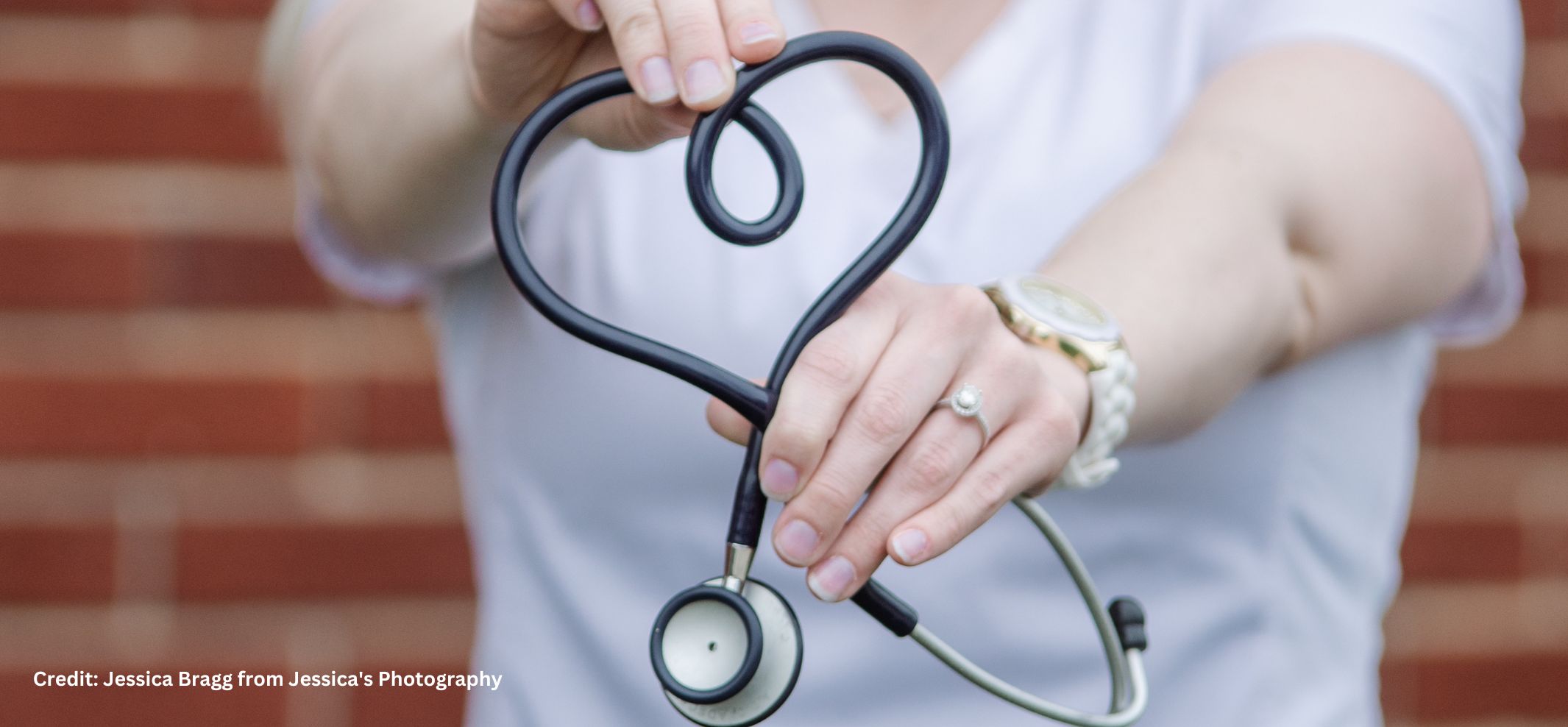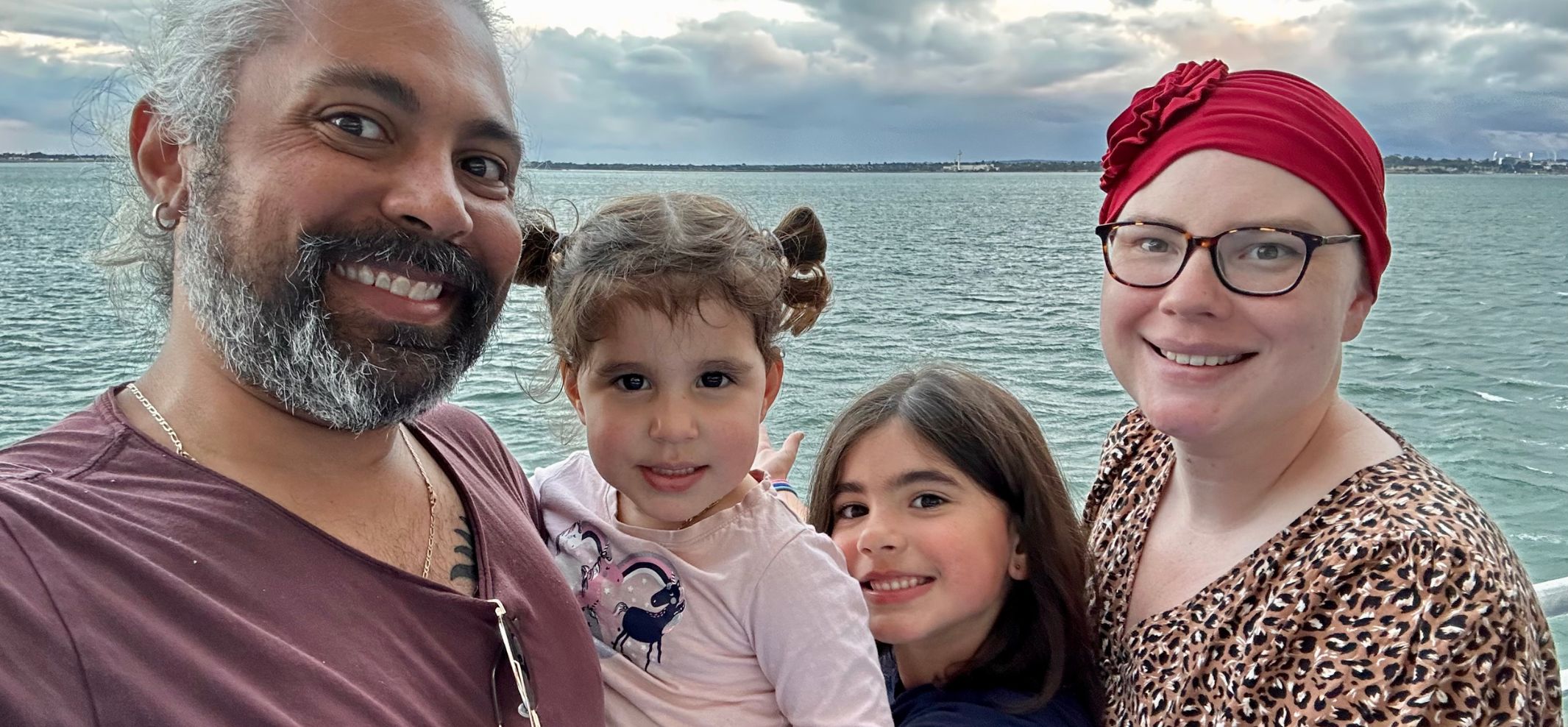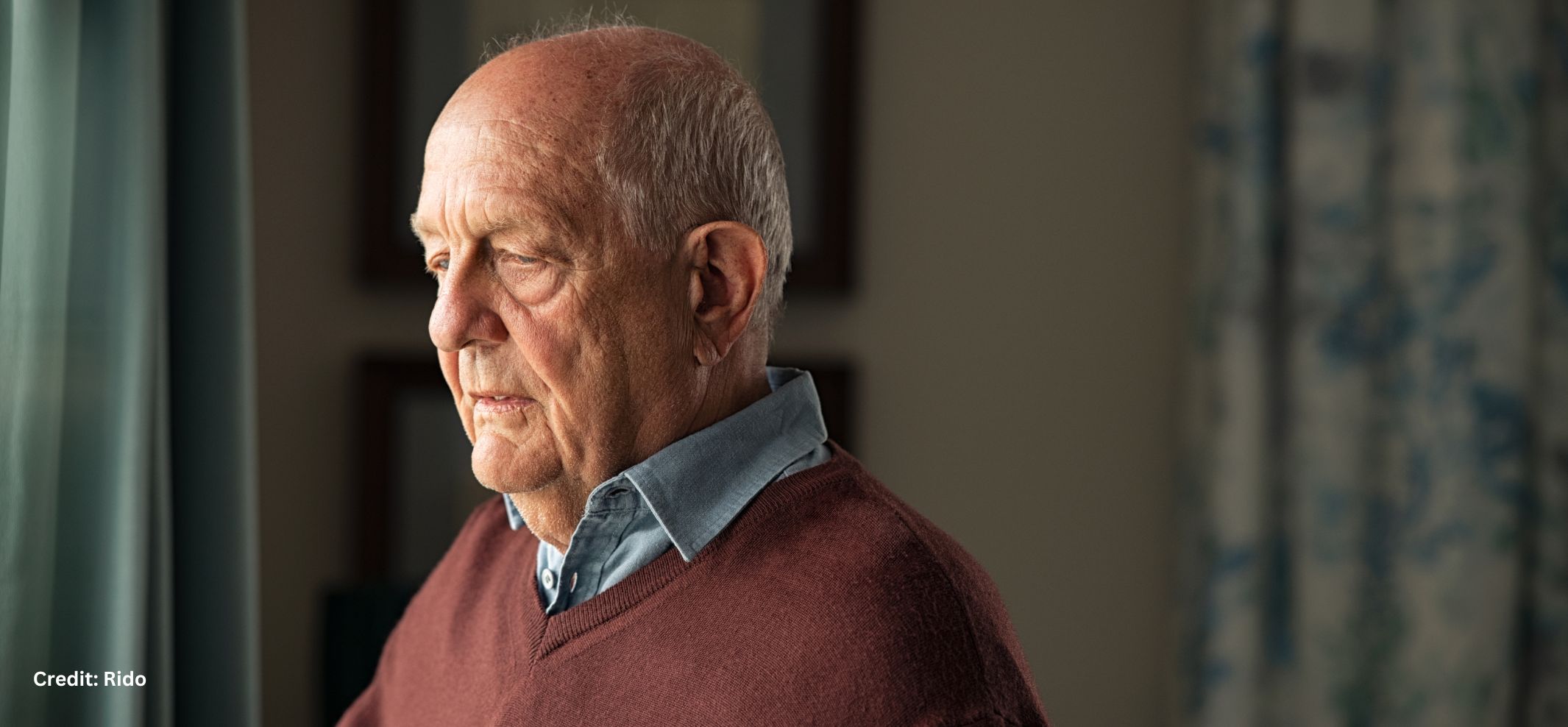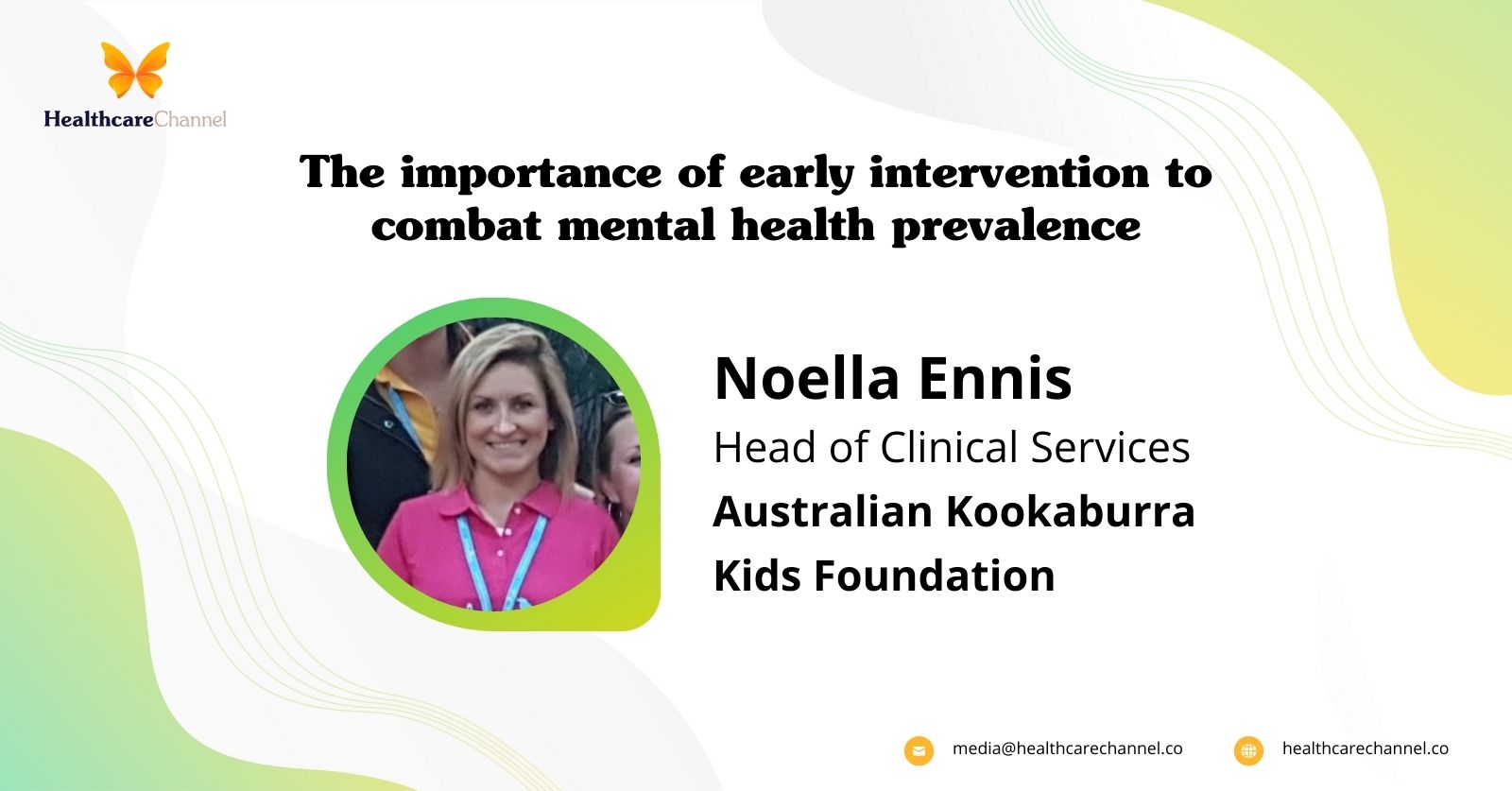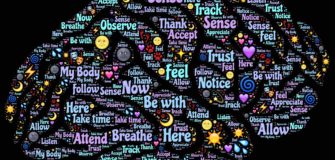A new study reveals that cells in the human immune system store coronavirus information, so that they can battle it again.
Not every infection is similarly unforgettable for the immune system. But the cells in our body appear to treat the coronavirus very seriously. A surge of recent research indicates scientists testing immune responses to the virus are now finding promising signs of solid, sustained immunity, even in persons with only mild symptoms. Disease-fighting antibodies as well as cells B and T capable of detecting the virus, continue to survive for months after treatment of pathogens and is a hopeful echo of body sustaining reaction to other viruses.
Deepta Bhattacharya, an immunologist at the University of Arizona and an editor of one of the recent experiments which have not been tested by pairs, said “This is really functioning as they are supposed to.”
Although the scientists cannot predict how long such immune responses would last, many researchers find the evidence to be a positive indicator that the most tested cells in the body are doing their job and are likely to be more quickly and fervently subjected to the coronavirus.
Marion Pepper, a university immunologist and a writer in some of the recent research now under review by the journal Nature, said “It is just as you should expect. “There’s an absolutely defensive immune reaction to all parts.”
Reinfection security is not entirely effective until there is evidence that certain patients who experience the virus a second time will successfully sustain it, Dr. Pepper said. Nonetheless, the findings could help alleviate recent worries regarding the virus’s ability to replicate amnesia from the immune system, which might leave patients susceptible to illness returning.
Scientists also need to find strong proof that coronavirus reinfections occur, particularly within the months of the human population being hit. Immune memory insight “helps clarify it,” said Dr. Pepper.
Discussions on coronavirus immune response rely on antibodies—Y-shaped proteins that can bind onto pathogens’ surfaces and keep them from infecting cells. They are a significant subject of the debate. Antibodies serve only one wing, each with its own special methods of targeting a dynamic and organized group of resistant soldiers.
Invading cells, for example, viruses are coated in antibodies but still resistant to killer T-cells, which violently self-destruct infected cells. The second group of T cells, called “helpers,” will turn to coax B cells into antimicrobials.
(In the second scenario, another segment of the immune system targets virus within a matter of minutes of their presence and sends out the signals of cytokines, called cytokines, to unleash forces from elsewhere in the body.
Antibodies often come with an end date: they cannot fill up and they dissolve from the blood just weeks or months after they are formed as inanimate proteins and not living cells. Shortly after a virus breaches the body walls, waves of antibodies emerge and decrease as the threat dissipates. The bulk of B cells developing these early antibodies also die out.
Yet the body retains a long-lived unit of B cell, which will mass-chain virus antibodies should they become useful again, particularly when not under attack. Most are monitoring the bloodstream and preparing for it to be re-triggered. Many flee into the bone marrow and develop tiny quantities of antibodies that can be found years after an outbreak has finished. Several studies have established ant coronavirus deficiencies that can be found at low blood levels in several months after people’s rehabilitation from Covid-19, including those led by Dr. Bhattacharya and Dr. Pepper.
“Antibodies are weakening but calm down in what is a healthy nadir,” Dr. Bhattacharya said, which is noticeable about three months after the onset of symptoms. “The reaction seems perfectly permanent. ”
The long after the infection, having antibodies is a sure indicator the B cell in the bone marrow is already shaking off, Dr. Pepper said. She and her colleagues were also able to take B cells from the blood that identifies the coronavirus of people who survived and developed in the lab from mild cases of Covid-19.
Multiple experiments, including one released by Cell on Friday, were also able to separate T-cells from the blood of recovering persons long after the lack of symptoms. Such T cells pumped viral battle messages in the laboratory, threatening themselves with parts of the coronavirus, and then cloned into new units that were primed for a proven opponent. In some cases, T cells studies that provide researchers with a snapshot of the immune response to the coronavirus, including in patients whose rates of antibodies have reduced to a point that is hard to detect.
Smito Iyer, an immunologist at the University of California at Davis, said, ‘This is very interesting,’ but she did not participate in new research and study the immunology of coronavirus in the rhesus macaque. “It includes hope about herd immunity and probably a vaccine.”
Significant among the people who did not develop severe cases of Covid-19, Dr. Iyer said some of the recent studies have established such strong responses. Some studies have expressed concern about diseases that have a lesser effect on the body and are not so unforgettable for the studied cells of the immune system, which would tend to engage in severe attacks. In certain cases, the body will also throw the viruses so quickly that they are not cataloged. “This article does not suggest that,” said Dr. Iyer. “Durable immunity can also be accomplished without the effects of an illness.”
An original article is posted in:
https://www.nytimes.com/2020/08/16/health/coronavirus-immunity-antibodies
